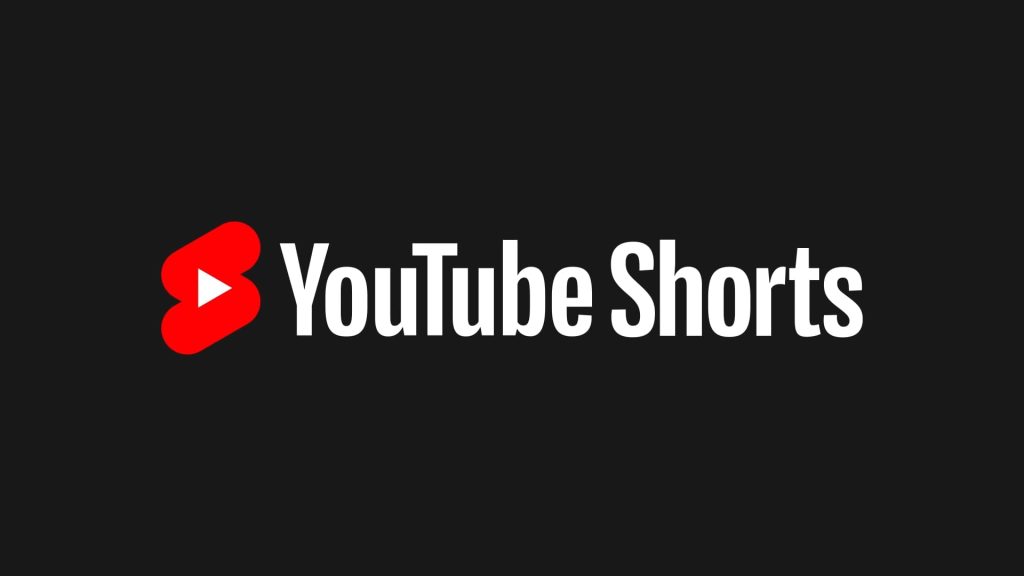Neal Mohan, chief executive officer of YouTube announced that Google Deepmind’s Veo 3 will be coming to YouTube Shorts later this year.
The CEO says that creators will be able to use the platform for things like translation.
However, users are concerned that the short-video platform will be buried under a wave of AI slop.
Last week was the Cannes Lions International Festival of Creativity 2025, and as with anything featuring a talking head from a big tech firm, AI was a topic of discussion.
The big tech talking head we’re talking about this time is chief executive officer at YouTube Neal Mohan. Speaking at the advertising soirée, the chief executive announced that Google Deepmind’s video generation tool, Veo, will “be coming to YouTube Shorts later this summer”.
“I believe these tools will open new creative lanes for everyone to explore. But what’s even more exciting than what you see on the screen, is how AI is helping creatives behind the scenes. Language, for example, is one of the biggest barriers to growing a global audience. Our Auto Dubbing feature already translates videos across 9 different languages with 11 more coming soon, and dramatically increases the potential audiences a creator or brand can reach,” said the CEO, espousing the benefits of the technology.
“In the six months since creators started using this feature, we’ve already dubbed more than 20 million videos using AI. The possibilities with AI are limitless,” Mohan added.
For tasks such a language localisation, AI makes sense and would be a boon to creators who want to appeal to a wider audience. For example, MrBeast operates a channel that republishes his content entirely in Spanish to appeal to Latin American users.
However, by adding Veo to YouTube, we’re expecting a wave of slop to descend on YouTube Shorts. Perhaps most concerning is that Veo is extremely capable and the content it produces is incredibly convincing.
When Veo 3 launched Mashable took a look at how it was being used and it was already producing video that could fool unsuspecting internet denizens. Combined with YouTube’s dialling back of misinformation alerts and the lack thereof on Shorts altogether, this could become a disaster for Shorts as AI-generated clips flood the platform.
This will ultimately be bad news for creators on YouTube who depend on the platform to earn a living. As more AI floods YouTube, the amount of advertising revenue that is split between creators diminishes, and ultimately, the platform is worse off.
Users are none-to-pleased with this announcement and have vowed to leave the platform should slop feature to heavily on YouTube. However, we’re struggling to think of platforms like YouTube that aren’t home to mass misinformation, conspiracy theories and other questionable content, so where those users would move to isn’t exactly clear.
It’s also important to note that Veo is only coming to Shorts and not the wider YouTube platform, at least for now.
Not that this matters, one doesn’t have to look too hard to find AI-generated rubbish on every corner of the internet.

